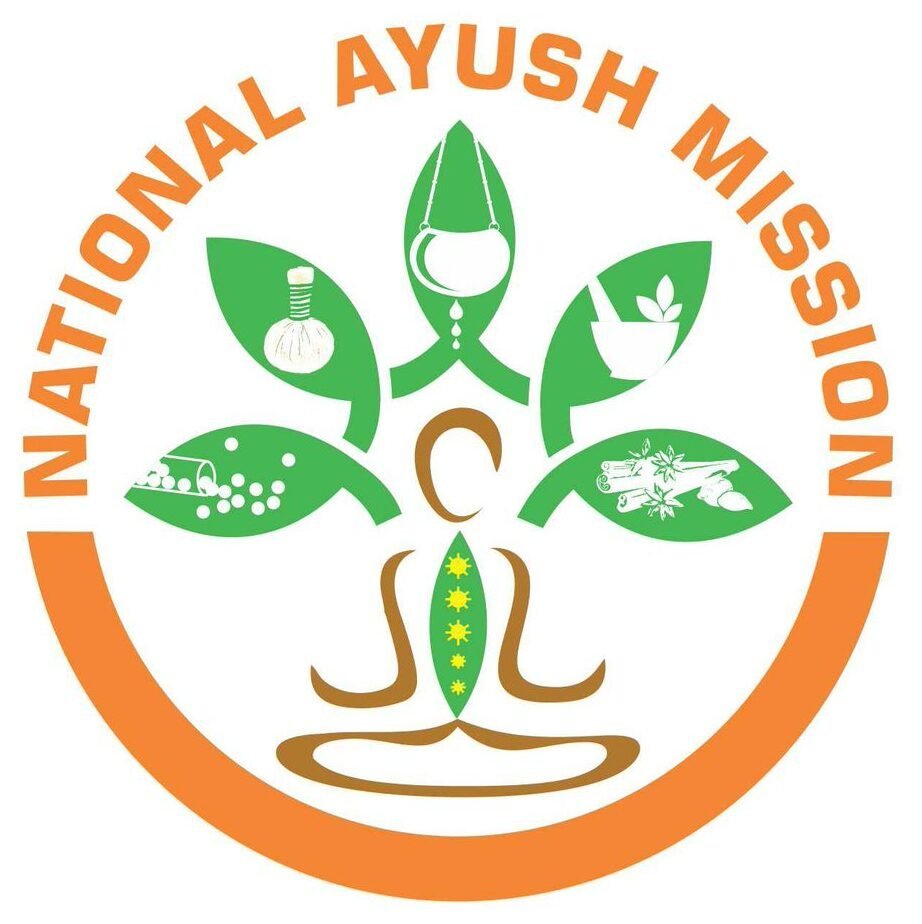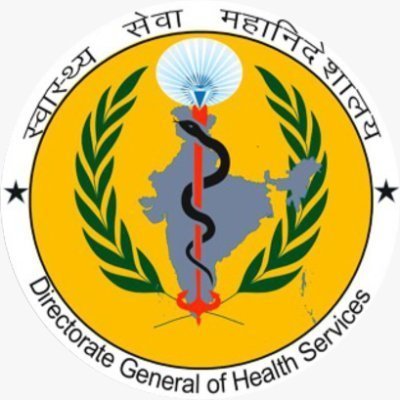
No Scalpel Vasectomy In Delhi, India
Male contraception has advanced significantly, and No-Scalpel Vasectomy in Delhi offers a safe, effective, and minimally invasive option for permanent birth control. Unlike traditional vasectomy techniques, NSV Delhi is performed without cutting the skin, making it faster, less painful, and associated with quicker recovery.
In Delhi, Dr. Vijayant Govinda Gupta, a leading urologist and andrologist, provides expert care for men seeking permanent contraception with No-Scalpel Vasectomy.
What is No-Scalpel Vasectomy (NSV)?
A No-Scalpel Vasectomy is a refined and less invasive technique for male sterilization. Unlike a conventional vasectomy that involves one or two incisions in the scrotum, the no-scalpel method utilizes a special instrument to make a single, tiny puncture. Through this small opening, the vas deferens (the tubes that carry sperm from the testicles) are gently lifted out, cut, and sealed. The puncture is so small that it typically requires no stitches and heals quickly with minimal scarring.
Videos On No-Scalpel Vasectomy
Understanding the Anatomy of the Vas
Sperms are produced in the testis and travel through a tube called the vas deferens (vas) to the penis. The vas is a thin tube that can be felt under the skin of the scrotum. During ejaculation, sperms mix with fluids from the seminal vesicles and prostate to form semen, which is released during sexual intercourse.
During a No-Scalpel Vasectomy in Delhi, the vas is disrupted or cut, preventing sperm from entering the semen. The semen is still produced normally, but it does not contain sperm, effectively preventing pregnancy.
What is Family Planning and Its Importance?
Family planning is a conscious investment in the future. In today’s world, where raising a child involves significant costs and responsibilities, planning a family ensures that every child receives proper care and attention.
The Government of India promotes the slogan “Hum Do, Hamare Do”, emphasizing responsible family planning. Modern couples recognize that contraception is a shared responsibility, and male sterilization through NSV is a vital part of this shared effort.
Male Participation in Family Planning
Traditionally, contraception has often been seen as the responsibility of women. However, women today are equal partners, and expecting them to shoulder the entire burden is neither fair nor practical. Unplanned pregnancies can cause mental trauma, emotional distress, and sometimes lead to costly and risky abortions.
Family planning is a joint decision, and couples are encouraged to discuss their priorities, explore options, and choose the most suitable method together.
Options for Male Family Planning
Men’s options for contraception include:
-
Condoms: Widely used but less reliable due to improper usage, breakage, or slippage. Condoms can also reduce intimacy.
-
No-Scalpel Vasectomy (NSV): Permanent, highly effective, and minimally invasive.
-
Other Methods: Spermicidal gels or withdrawal are largely ineffective. RISUG is an experimental method under research.
Why Choose No-Scalpel Vasectomy Over Tubectomy?
Many men wonder why they should get a vasectomy when their partner could undergo a tubectomy. While a tubectomy is an option, NSV is safer and less invasive.
Advantages of NSV over Tubectomy:
-
Minimally invasive, no abdominal surgery required
-
Lower pain and infection risk
-
Avoids anesthesia risks
-
Easier to reverse if desired (though reversal is not guaranteed)
-
No risk of ectopic pregnancies
-
Quick recovery and day-care procedure
Eligibility Criteria for NSV in India
According to the Government of India guidelines:
-
Must be ever married
-
Age 18 years or older
-
Must have at least one living child above 1 year
-
Mentally sound and able to give consent
-
No coercion or external pressure
-
Spousal consent is not required
The NSV Procedure – Step by Step
No-Scalpel Vasectomy is a day-care procedure performed under local anesthesia, typically lasting 30 minutes.
-
Consultation & Evaluation: Discuss medical history and family planning goals.
-
Local Anesthesia: Ensures comfort; procedure is painless.
-
Accessing the Vas Deferens: A tiny puncture is made; vas is delivered without a cut.
-
Blocking the Vas: Vas is cut, tied, or sealed.
-
Recovery & Follow-Up: Semen analysis after 30 days to confirm sterility.
Post-Procedure Care:
-
Light work can resume immediately
-
Avoid heavy lifting for a week
-
Use a condom for 30 days until sterility is confirmed
-
Usually, sperm stored in the vas remains for 15–20 ejaculations
Complications and Safety
No-Scalpel Vasectomy is extremely safe. Possible complications are rare and mild:
-
Mild bleeding (~1%)
-
Minor scrotal or testicular pain (<1%)
-
Infection is sporadic in sterile operating conditions
Important Facts:
-
Does not cause impotence, erectile dysfunction, loss of pleasure, or prostate issues.
-
Certified by the Ministry of Health and Family Welfare, India, adhering to strict standards.
No-Scalpel Vasectomy Cost in Delhi
The cost of NSV in Delhi is approximately ₹25,000 (around $500 USD). This includes consultation, procedure, and follow-up care. Dr. Gupta ensures transparent pricing and high-quality care.
Dr. Vijayant Govinda Gupta – Expert in NSV
Dr. Gupta’s qualifications and experience:
-
Master of Surgery (M.S.) – Maulana Azad Medical College, Delhi
-
MCh Urology – PGIMER Chandigarh, specializing in vasal surgeries
-
Certified by MOHFW, Government of India for NSV
-
Performed over 1000 successful NSV procedures
-
Participated in the World Vasectomy Conference and NSV camps in India
He also offers NSV reversal for those who later wish to conceive, though reversal success may vary.
Consultation Locations:
-
Govinda Healthcare Superspeciality Clinic – Karol Bagh, Delhi
-
Apollo Spectra Hospital – Karol Bagh, Delhi
FAQs on No Scalpel Vasectomy
No, NSV is performed under local anesthesia, making it virtually painless.
The entire procedure takes about 30 minutes.
Most patients return to work the next day or within a couple of days.
No, vasectomy does not impact libido, erectile function, or pleasure.
Yes, but reversal success is not guaranteed and decreases with time.
No, spousal consent is not required in India.
It takes about 15-20 ejaculations or 3 months to clear remaining sperm.






